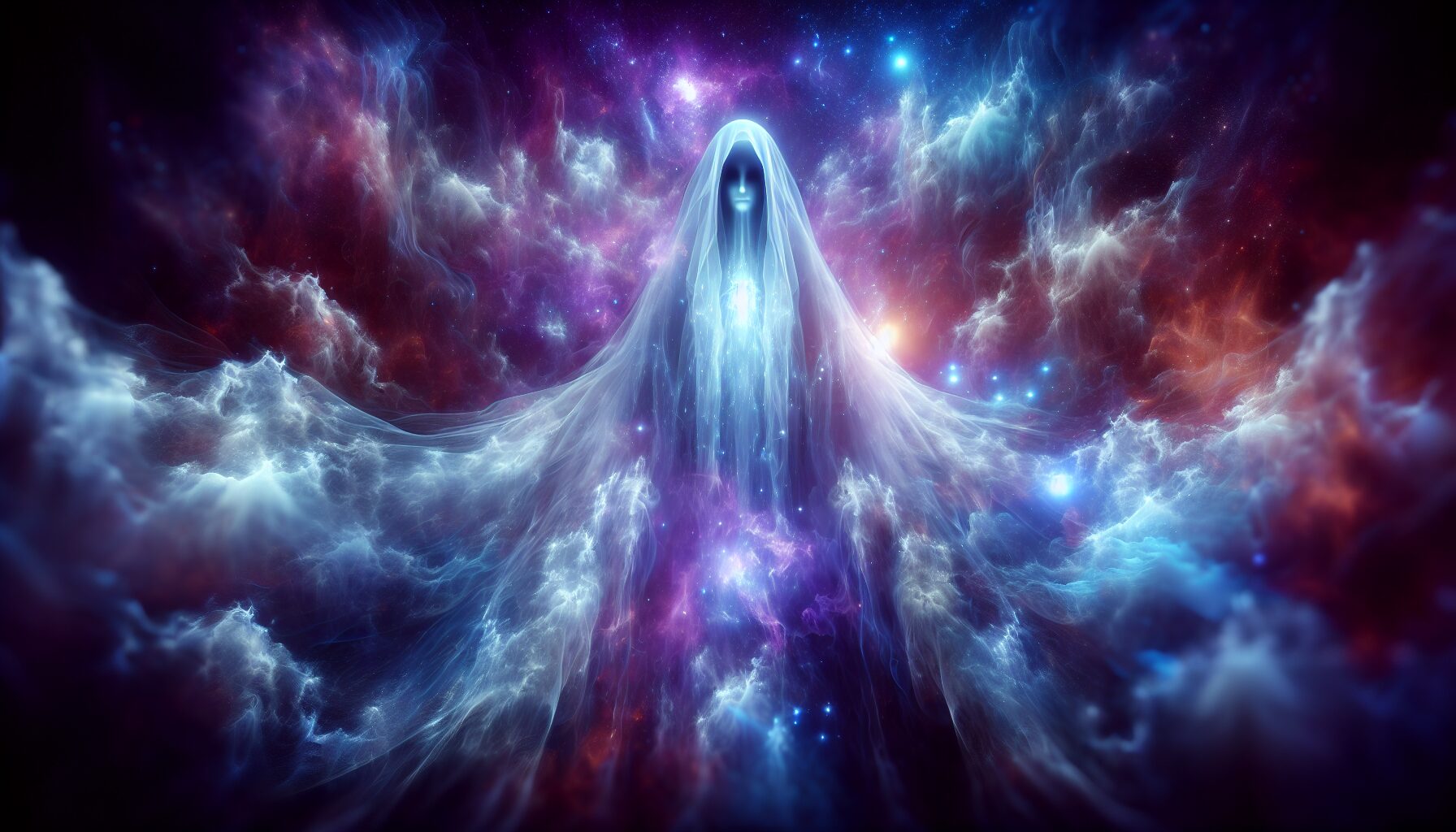In the realm of the immaterial, where the known meets the unknown, lies an intriguing ethical conundrum: the existence and treatment of specters. These ethereal beings, often depicted as the residual presence of the departed, challenge our understanding of reality and morality. What do we owe them, if anything, and how should they be treated?
Ghosts in Cultural Context
Throughout history, ghosts have played a crucial role in various cultural narratives. From the vengeful spirits in Japanese folklore to the sorrowful specters of Western literature, such as the famous Ghost of Hamlet’s father, these entities raise questions about justice and the afterlife.
“The past is never dead. It’s not even past.” – William Faulkner
Faulkner’s words, though metaphorical, remind us of the ghostly presence of history, where unresolved issues linger in cultural memory much like ghosts in deserted halls. But how do we ethically engage with such specters?
The Ethical Dilemma
Firstly, acknowledging their presence is pivotal. In some beliefs, ghosts represent individuals who remain tethered to the physical world due to unresolved issues or trauma. Is it our moral duty to aid these spirits in finding peace? If we consider them sentient, the answer could be yes.
Consider the perspective shared by Kishore Mahbubani, who speaks on the importance of understanding and reconciliation in human conflicts, principles which some argue extend to our relationships with ghosts. Acceptance, understanding, and perhaps a sense of duty to help them move on could be seen as necessary virtues.
The Role of Stories and Beliefs
Stories about ghosts often leave us pondering our beliefs about life, death, and morality. They challenge us to consider the ramifications of actions in life that might ripple into the afterlife. The Ethics of Specters: Essays on Ghosts posits whether tales of ghosts are cautionary, reminding us of unfinished business and the need for ethical considerations transcending mortal life.
- Respect: Treating all beings, living or spectral, with kindness and respect.
- Empathy: Understanding the existential plight of spirits as narratives of human emotion.
- Resolution: Endeavoring to resolve our own “ghosts” of regret and unfinished business.
In conclusion, whether we believe in the literal presence of ghosts or interpret them as metaphors, they serve an essential function in exploring human conscience and ethics. They remind us that ethics is not confined to the tangible but extends into the whispers of the past and the specters of our morally conflicted imaginations.

